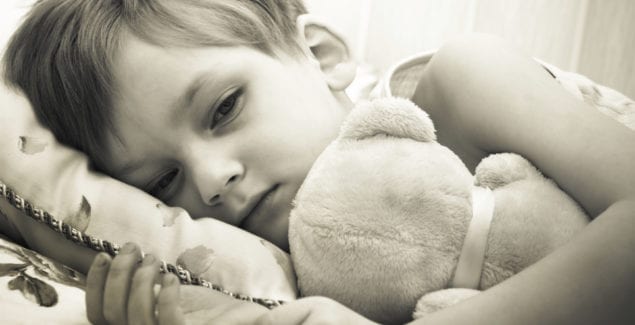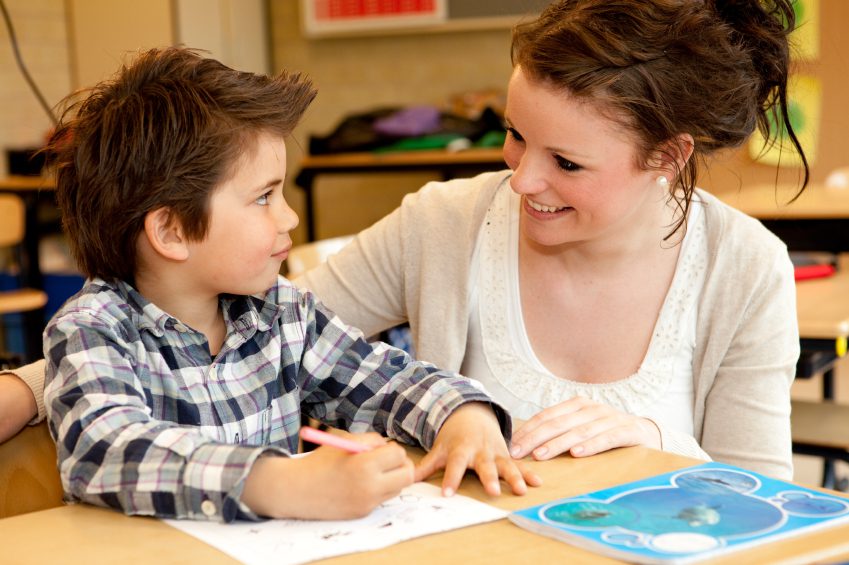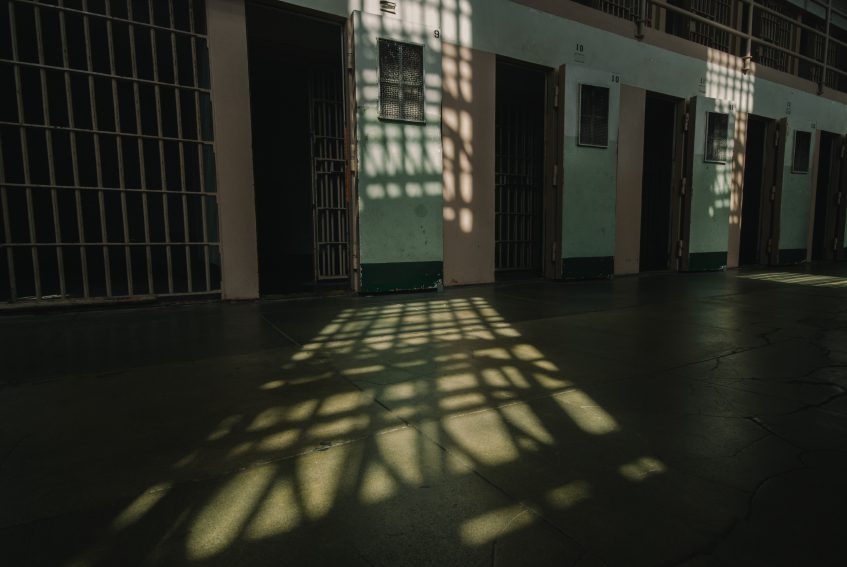The Implications Of Poverty On Children’s Mental Health

Posted in: Grade School, Hot Topics, Infants & Toddlers, Pre-School, You & Your Family
Topics: Hot Topics, Mental Illness + Psychiatric Disorders
In March, the American Academy of Pediatrics (AAP) issued a new policy statement in which it encouraged all of its members to screen pediatric patients and their families for economic hardship. This announcement made national news and was later published in Pediatrics, the flagship journal of the AAP.
And that’s all very weird when you think about it.
Virtually everyone agrees that financial duress negatively impacts health. Virtually everyone also agrees that things that negatively impact health ought to be asked about in a doctor’s visit.
So, why is it national news when the nation’s largest pediatrics professional organization goes out of its way to remind members to screen for poverty? Shouldn’t they be doing that anyway?
Well, it’s complicated.
Economic hardship is a lot like a terrible disease that no one knows quite how to treat. Poverty and hardship hamper all facets of families’ lives. Financial stress is pernicious and often hidden. Moreover, many clinicians are not sure what to do exactly once the “diagnosis” of financial hardship is made. I know I don’t. But still, a low-rent apartment can be associated with a heightened risk for asthma. Affordable food is often highly caloric, and can thus lead to obesity. And, when it comes to mental health, there are endless amounts of data tying psychological suffering with economic woes.
Consider this story:
A made-up patient—let’s call her Mary—is 12 years old, and has been seeing her psychiatrist about a year for depression and ADHD. Mary is also developmentally delayed, and reads at a third grade level. In addition to her psychiatric challenges, she suffers from asthma and worsening obesity. She is lonely at school, and has recently started smoking cigarettes. Her parents have been in and out of work, and their medical insurance has changed twice in the last four months. They heat their trailer home with a wood-burning stove that Mary’s father fashioned out of an old washing machine, though the ventilation is understandably imperfect. Plus, they live 45 miles from Boston, deep in the Vermont woods.
There’s more to this hypothetical case, but consider the implications already. Changing insurance plans is almost worse than not having insurance at all. Without insurance, a patient might qualify for state aid; with “poor” insurance, co-pays fluctuate wildly. A family that is barely getting by can’t budget with such strange and unpredictable changes in their costs for receiving care.
Mary’s asthma is likely made worse by the wood-burning stove, though the cold would be worse than her asthma. However, she’s not able to study when she coughs. She also can’t read very well, but her rural district has almost no resources to pay for remediation. Her self-esteem falters, thus making her predisposition toward depression and ADHD that much worse, and she is wandering toward bad habits like cigarettes in an attempt to fit in with a difficult crowd. In other words, the poverty that characterizes her life also defines and perpetuates her illnesses. Everything is interconnected, and many clinicians feel overwhelmed as they try to disentangle the complicated social, biological, and cultural factors.
This is perhaps why the AAP had to remind its members to ask about poverty. And, this is why we’re doing the same now in child psychiatry. We summarized the effects of poverty in this blog post last fall. It doesn’t make sense to repeat all the statistics. Suffice it to say that, despite improving economic times, things are still very difficult for many people.
But we can’t afford to ignore this issue. That would be like ignoring a malignancy. Every town and every city and every state has different agencies to aid those who are in need. If you are a clinician, familiarize yourself with these services. If you are a parent, let your doctor know that times are hard. If we don’t treat the poverty as best we can (and, like many interventions, our treatments will be imperfect), we won’t make any headway with the rest of what we’re trying to do. It’ll be a combined effort between clinicians, families, governments, and communities.
But without it, we won’t ever begin to make headway.

 Share
Share Tweet
Tweet





